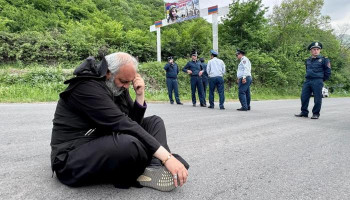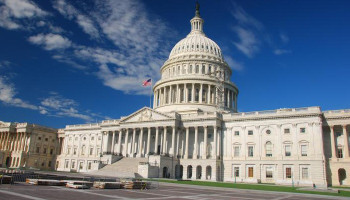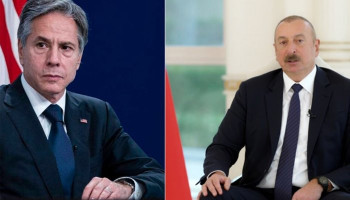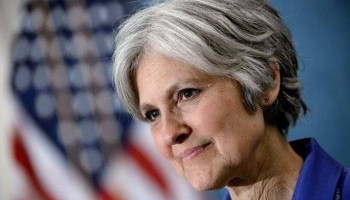Partition presents the best hope for peace in Syria
 The Syrian civil war rages. Aleppo is on fire. Meanwhile, politicians and pundits offer plans for managing the war. Safe zones, humanitarian zones, refugee resettlement plans and diplomatic schemes are all on offer.
The problem with these plans is that they will not actually end the war. The only way that will happen is for the US and its European partners to draw a partition plan and then deploy troops in huge numbers to enforce it. And this is why politicians and strategists prefer to take refuge in schemes that will not cause a cessation of hostilities. The approach of John Kerry, US secretary of state, to Syria is all too reminiscent of attempts to end the Lebanese civil war, which began in the mid-1970s. Lebanon was a religiously divided state, as Syria is, featuring a ruling coalition of Christians, Sunnis and Shiites. This delicate sectarian balance came crashing down, plunging the country into civil war. The regional powers tried to mediate and at various points there were agreements, all destined to fail. The war only ended in 1991, when a number of factors conspired to make the fighting unsustainable. On a global level the end of the cold war led Russia to seek better ties with the west and be more inclined to be a constructive player in the Middle East. At the regional level, Iran under the pragmatic Ayatollah Hashemi Rafsanjani sought to improve relations with Saudi Arabia. In the meantime, Syria was assured that its influence in postwar Lebanon would be preserved and thus saw no need for the war to be prolonged. However, the agreement forged between external actors still had to be imposed on Lebanese factions who were inclined to carry on fighting. It required approximately 40,000 Syrian troops to step in and enforce the accord. The war may have ended, but it left in its place a shattered nation that has never fully recovered from the trauma of war. The American strategy with Syria today rests on the notion that an agreement between Russia and the US can later be followed by a rapprochement between the leading regional antagonists, Iran and Saudi Arabia, and then imposed on the local actors, just as it was in Lebanon. But this ignores the fact that Russia and the US are at odds on a whole range of issues, not just Syria. The Iranians and Saudis are locked in a regional cold war, in which Syria is just one of many battlegrounds, while the local actors are too diffuse and too extreme to set aside their differences. Everyone in Syria is playing to win. The chief mistake of Mr Kerry’s diplomacy is his belief that Syria can be reconstituted with Russian or Iranian support. Even if an agreement was achieved, the local forces are unlikely to stop fighting. It is hard to see those who have lost family members to Mr Assad’s barrel bombs acquiescing to his continued rule over a small slice of Syria. And Isis, on its mission to recreate a lost caliphate, will always endure in some form, while the Alawite minority, fearing extinction, will see little reason to give up the fight. A strong and unitary state of the kind that has ruled Syria for so long is no longer viable. The best that can be hoped for is a series of truncated cantons coexisting uneasily under some kind of federal arrangement that will take decades to evolve. The only real option that the US and western allies such as Britain and France have is to craft a set of principles for power-sharing and then to deploy massive force to endure compliance. Such a partition scheme will acknowledge Syria’s ethnic and religious differences and seek to divide the country along such lines. The Alawites will be awarded a principality, as will other ethnic groups. The Sunnis can have their own sphere once they are cleansed of the toxic influence of Isis. The hope would be that these groups could coexist under a weak federal structure with much of the power devolving to the periphery and away from the centre. Such an order could only evolve under prolonged external occupation, with the western states essentially reprising the role of mandatory powers that they played in the early 20th century. This will involve western troops inflicting and suffering casualties. It is for this reason that the Syrian civil war will not end anytime soon. All parties see a reason to carry on fighting, while the US, which has the power to end the war, is understandably hesitant to do so. Its failure to reshape Iraq through the use of force will haunt it for decades to come. In the meantime, diplomats and envoys will continue to meet and offer up their plans. Politicians will propose half-measures that have no chance of succeeding. And Syria will continue to burn. |



















